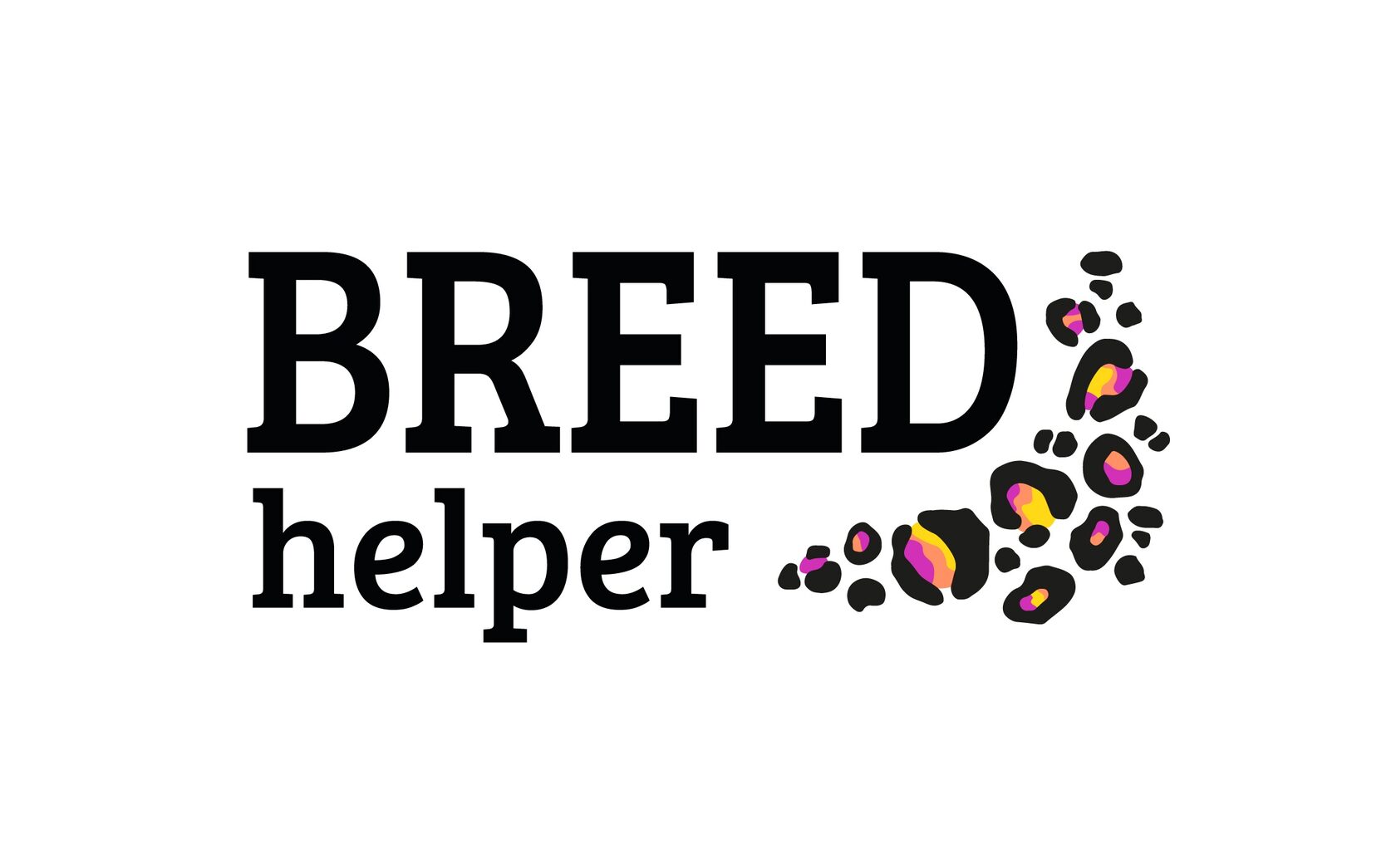
Features of nutrition of cats during pregnancy
Nature has balanced answers, just listen and enjoy the ideal results
What happens when a cat gets pregnant? First of all, we notice a change in behavior from the point of view of alimentation: since it is completely natural for them in nature to eat large quantities of food at once, to fill their stomachs as much as possible with the large prey they hunt, due to the uncertainty about the outcome of the next hunt, cats do not have a clear perception of proportion and eat according to their needs. During pregnancy, therefore, they spend more time hunting and increase the amount of food they eat daily by about three times.

Thanks to us, our domestic felines lose this ability, that is, to eat when necessary because we accustom them to a diet program over time and most owners also to a fixed portion. Even though at different stages of life and development, cats and kittens need different amounts of food.
So what happens in pregnant cats who have lost the perception of portions to eat what is necessary for the correct development of the fetus?
Most of the time, at home the portion they take does not increase, and consequently they do not receive all the essential proteins they need and that their body does not synthesize, which they can only obtain by eating enough food.
At this point we must choose how to ensure a natural and healthy balance in such a delicate period. It is possible to create the conditions for the cat to maintain a wild eating behavior from a young age or fill the protein deficiency during pregnancy, even with a standard portion of meat, through supplements that do the job of the triple portion.
So what happens in pregnant cats who have lost the perception of portions to eat what is necessary for the correct development of the fetus?
Most of the time, at home the portion they take does not increase, and consequently they do not receive all the essential proteins they need and that their body does not synthesize, which they can only obtain by eating enough food.
At this point we must choose how to ensure a natural and healthy balance in such a delicate period. It is possible to create the conditions for the cat to maintain a wild eating behavior from a young age or fill the protein deficiency during pregnancy, even with a standard portion of meat, through supplements that do the job of the triple portion.
Lately, among breeders and cat owners, meat-based diets are becoming increasingly popular, as a more natural approach to their health. Cats, being strictly carnivorous, have an organism structured to digest mainly animal proteins, from which they obtain all the elements necessary for their well-being. In nature, they hunt prey to eat not only the meat, but also on the organs and bones, where everything is essential.
So we can understand that raw meat is the food that most reflects the natural diet of cats compared to industrial dry food. Meat provides essential amino acids for the correct maintenance of muscles, vital organs, and the general vitality of the body, furthermore, no less important are the fats contained in raw meat that act as a concentrated source of energy and help the absorption of fat-soluble vitamins.
So we can understand that raw meat is the food that most reflects the natural diet of cats compared to industrial dry food. Meat provides essential amino acids for the correct maintenance of muscles, vital organs, and the general vitality of the body, furthermore, no less important are the fats contained in raw meat that act as a concentrated source of energy and help the absorption of fat-soluble vitamins.


However, it is important to understand that meat alone cannot constitute the entire diet, because it does not provide the necessary elements for the body in their entirety, for completeness vitamins, amino acids and minerals are required that are not found in sufficient quantities in raw meat, because the rest has been deprived by removing the blood, liver, intestines and other very important parts that we can only find in live and unpurified prey to obtain only meat, and these deficiencies are essential to fill and today we have the possibility of doing so through dry food supplements for example derived from sources rich in proteins or organs, in this practical way, the cat receives all the nutrients that its body requires.
The addition of food supplements is compared to the nutritional diversity that can be provided by an animal prey, so we can ensure that we keep our life companions in optimal health. Supplements provide everything essential for growth, energy and immune system support while remaining a remedy that respects natural laws.
In conclusion, we can constatate that the diet based on raw meat and supplements is a step forward to find the right balance for a natural diet that reflects the needs of strict carnivores and helping them to lead a healthy life, as most industrial foods can not do.
The addition of food supplements is compared to the nutritional diversity that can be provided by an animal prey, so we can ensure that we keep our life companions in optimal health. Supplements provide everything essential for growth, energy and immune system support while remaining a remedy that respects natural laws.
In conclusion, we can constatate that the diet based on raw meat and supplements is a step forward to find the right balance for a natural diet that reflects the needs of strict carnivores and helping them to lead a healthy life, as most industrial foods can not do.


